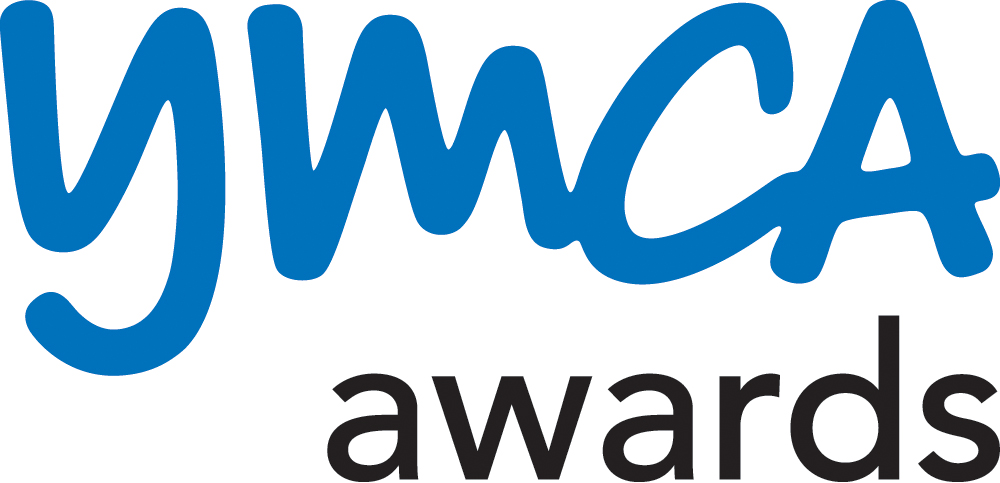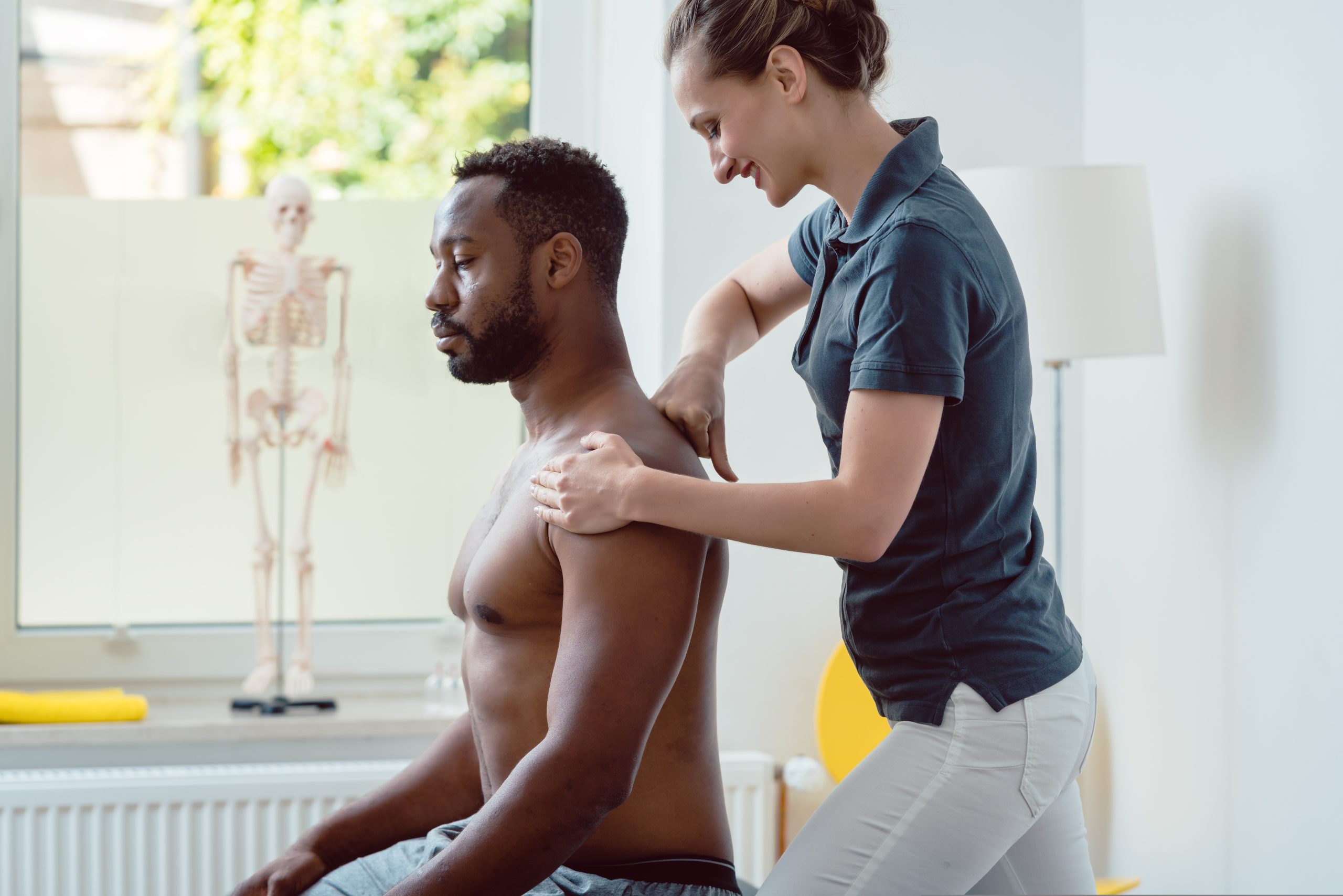YMCA Level 4 Certificate in Sports Massage Therapy (Soft Tissue Dysfunction) (610/0736/5)
This qualification provides learners with the knowledge and skills required for industry recognition as a sports massage therapist.

YMCA Level 4 Certificate in Sports Massage Therapy (Soft Tissue Dysfunction)
Qualifications Type
Occupational Entry
Occupational qualifications provide the knowledge and skills to meet industry minimum standards of deployment for a particular role. This can support learners in getting their first job within the sector, or add additional roles to their existing scope of practice.
Qualification Number (QN)
610/0736/5
Availability
Operational start date – 1 March 2023
Operational end date –
Certification end date –
Latest version of qualification –
Entry Requirements
Assessments
Endorsement


Overview
This qualification provides learners with the knowledge and skills required for industry recognition as a sports massage therapist.
The purpose of this qualification is to enable learners to provide sports massage therapy to clients to treat conditions resulting from soft tissue dysfunction, ease muscular tension and treat minor injuries sustained during physical activity.
Qualification Details
Learners will cover:
To achieve a Pass, for the YMCA Level 4 Certificate in Sports Massage Therapy (Soft Tissue Dysfunction), learners must obtain the following 4 mandatory units in addition to the pre-entry requirement of YMCA Level 3 Diploma in Performance Massage or equivalent.
Assessments include:
| Unit title | eLearning | Manual |
| Anatomy and aetiology of soft tissue dysfunction (D/650/1401) | ❌ | ✔️ |
| Clinical assessment methods and strategic planning (F/650/1402) | ❌ | ✔️ |
| The use of non-electrical therapeutic modalities in the treatment of soft tissue dysfunction (H/650/1403) | ❌ | ✔️ |
| Providing post treatment care (J/650/1404) | ❌ | ✔️ |
For more information on our resources and resource bundle pricing, you can
Benefits of YMCA Awards endorsement
Realise extra value from existing, non-regulated training programmes
Evidence high standards of teaching, resources and support
Learn from our experts to reach your ongoing development ambitions
Find a centre near you
We have over 200 centres around the UK. Enter your postcode to find the nearest centre to you




